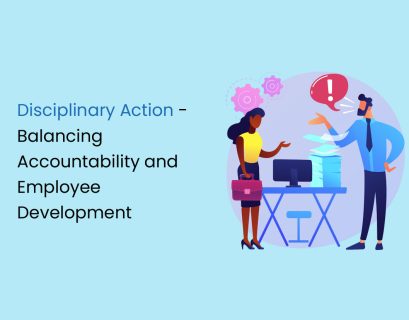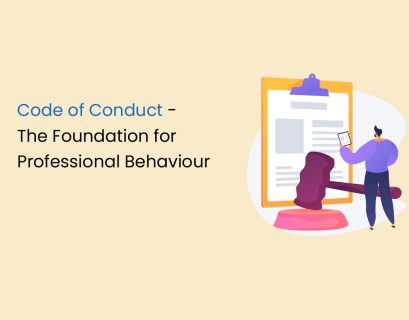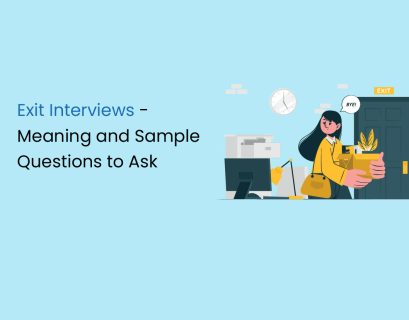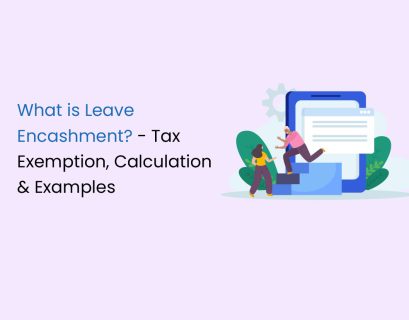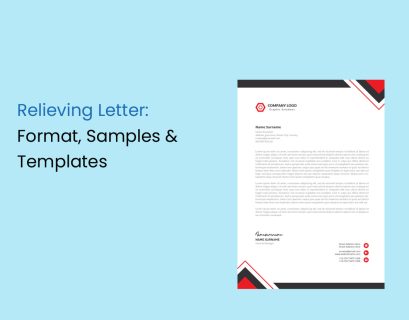Appointment Letter – Format in Word, & Pdf (Free Download)
Welcoming a new employee requires a positive experience and a seamless onboarding process, which can be achieved through an appointment...
Behavioural Interviews – Advantages and Commonly Asked Questions
Behavioural interviews have become a standard part of the hiring process for many companies, and for good reason. Unlike traditional...
Experience Certificate Format in Word & Pdf (Free Samples)
An experience certificate is a formal document provided to an employee who has chosen to resign from their job. It outlines the...
Disciplinary Action – Balancing Accountability and Employee Development
Disciplinary actions play a crucial role in maintaining a healthy and productive workplace. When appropriately used, they can help address...
Code of Conduct – The Foundation for Professional Behaviour
Organisations need a solid ethical foundation—a code of conduct guides responsible and moral behaviour. A code of conduct is a set of...
Exit Interviews – Meaning and Sample Questions to Ask
Exit interviews are a process that allows the company to understand why an employee has decided to leave the organisation. It is an...
What is Leave Encashment? – Tax Exemption, Calculation & Examples
Salaried employees enjoy various types of paid leaves, including sick leave, casual leave, annual leave, and earned leave. The flexibility...
Relieving Letter – Format in Word & Pdf (Free Templates)
A relieving letter serves as a crucial document when transitioning between jobs, encapsulating vital details about one’s prior...
Compensatory Off – Rules, Policy, Compliance & Employee Rights
Compensatory off or Comp off is a leave an employer grants to an employee who works on a holiday or for extra working hours beyond their...
Employee Engagement – Definition, Benefits and How to Improve It
Employee engagement has evolved significantly over the years. The focus now is on employers ensuring their employees feel fulfilled and are...



